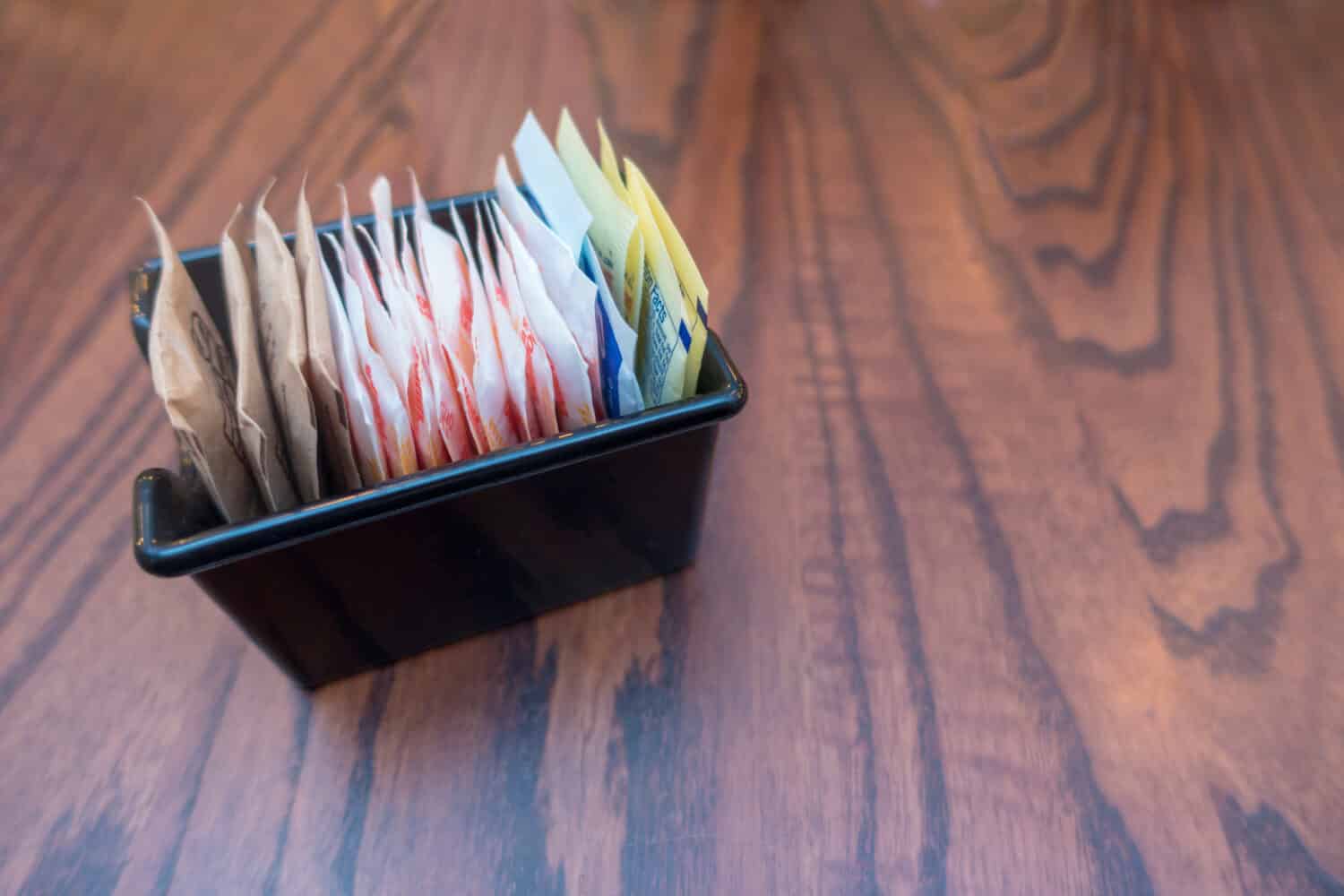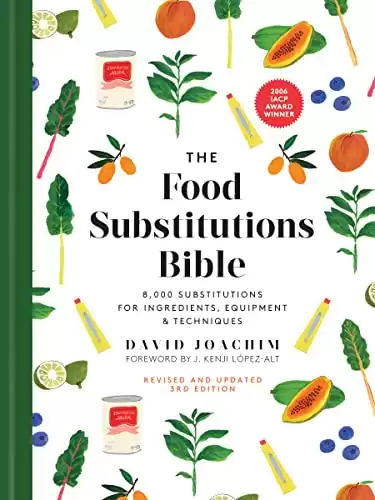If you’re looking for a sweetener that best suits your family's needs, then keep reading! You're going to learn about the differences between two popular sugar substitutes: Sucralose vs. Stevia. As a matter of fact, you'll also be able to make an informed decision on whether to choose sucralose vs. stevia or vice versa. So let's get started!
What is Sucralose?
Sucralose – aka Splenda® an artificial sweetener in the yellow packet – is FDA and EFSA-approved and derived from sugar. This sugar substitute is made in a lab by changing the sugar molecule. Sucralose goes through your body without being stored as energy. The result is super sweet but it doesn't add more calories to your plate.
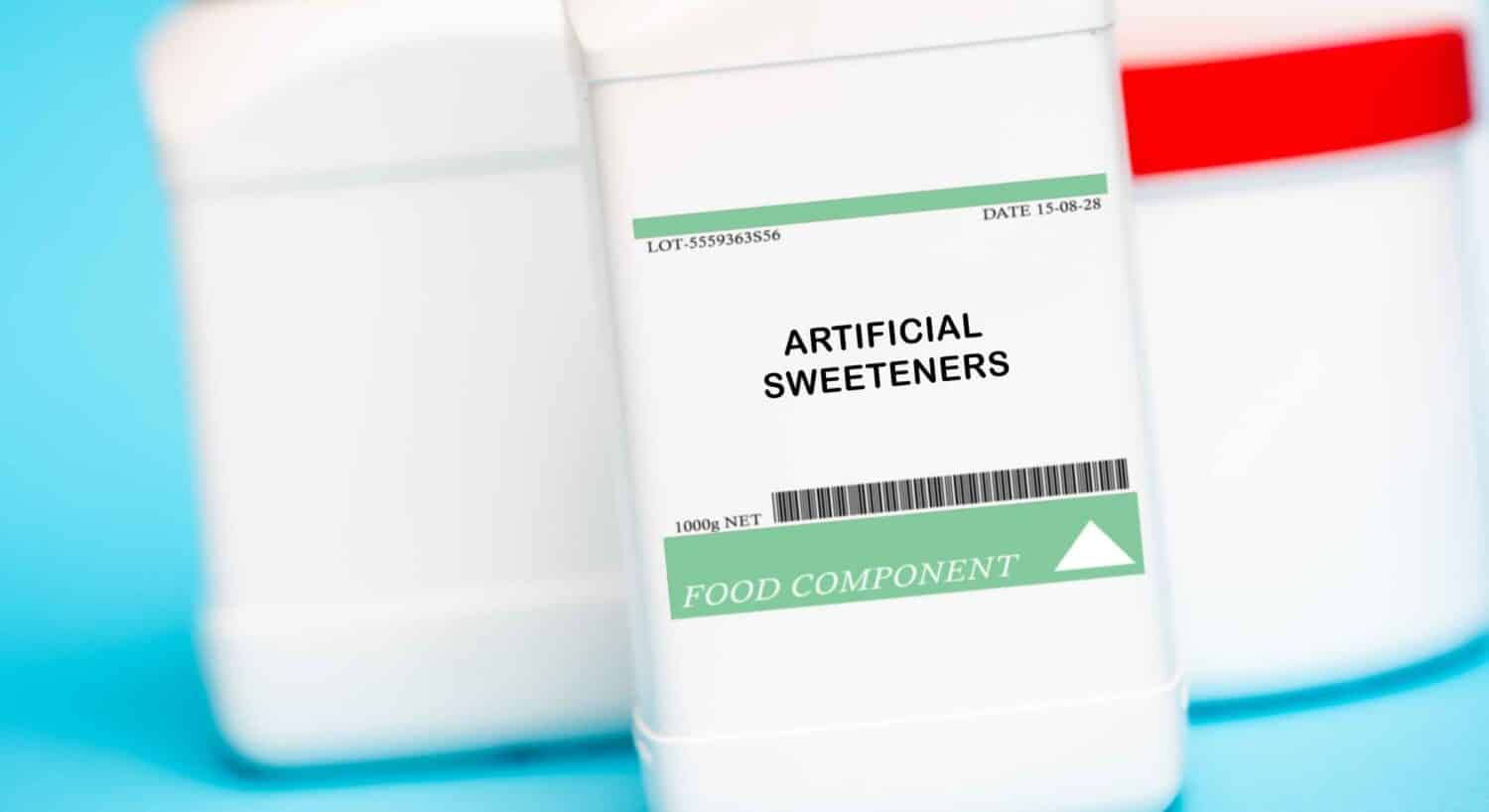
©luchschenF/Shutterstock.com
Common uses for Sucralose
- Beverages: Sweetens soft drinks, flavored water, sports drinks, and powdered drink mixes.
- Baking and Cooking: Used in baking and cooking recipes, including cakes, cookies, bread, sauces, and marinades. It can handle high temperatures.
- Desserts: Sweetener for pies, cheesecakes, custards, and mousse.
- Packaged Foods: Found in various packaged and processed foods, such as sugar-free snacks, candies, and desserts.
- Low-Calorie and Sugar-Free Products: A popular ingredient in low-calorie or sugar-free products, including diet sodas, ice creams, yogurts, and protein bars.
What is Stevia?
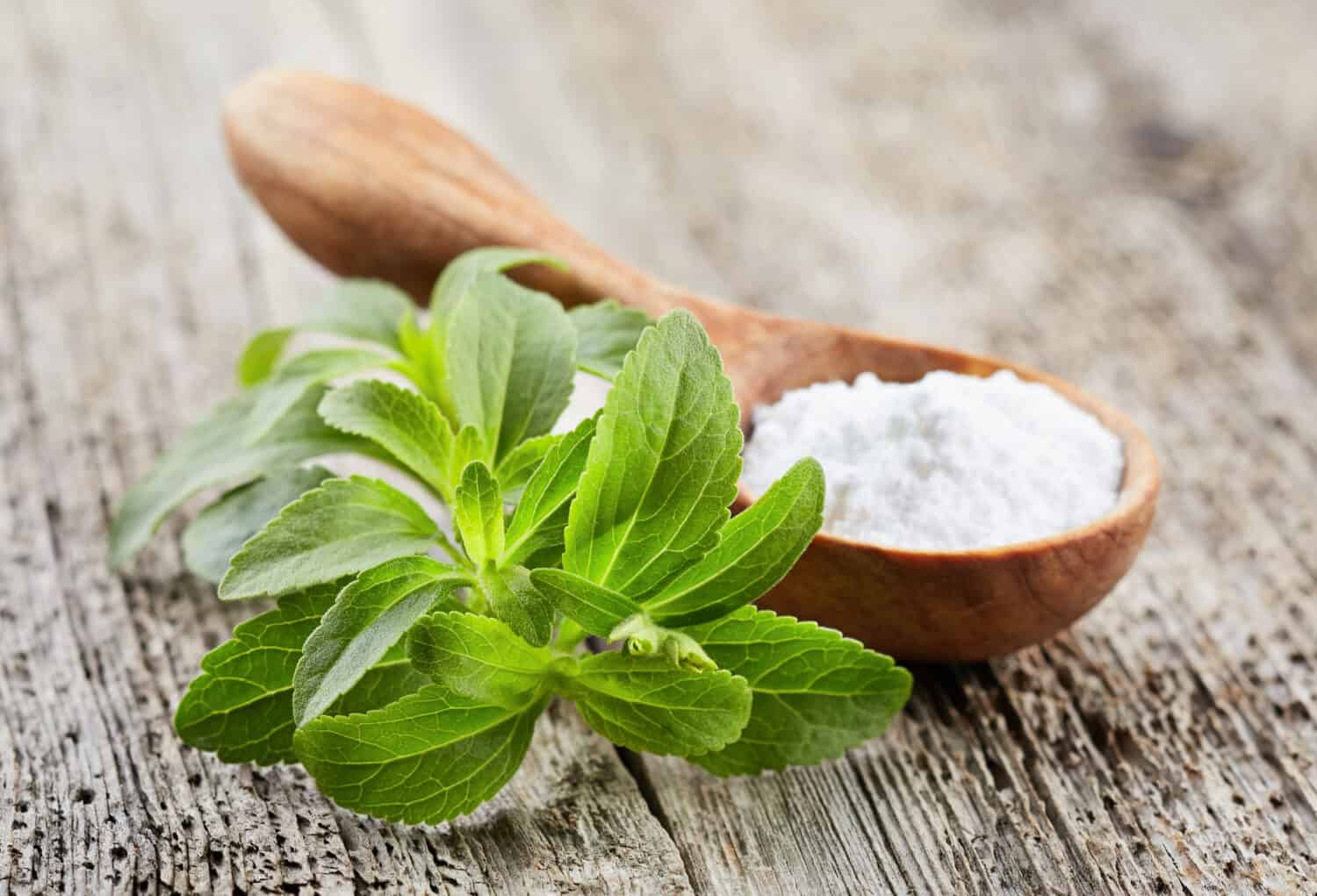
©Dionisvera/Shutterstock.com
Stevia is a natural sweetener made from the leaves of a plant called Stevia rebaudiana. It contains special compounds called steviol glycosides that make it sweet. Unlike artificial sweeteners, stevia is a natural plant-based alternative to sugar. Not only does it contain no calories, but it also won't raise your blood sugar levels much and is kind to your teeth.
Common uses for Stevia
- Beverages: Sweetens beverages such as tea, coffee, lemonade, smoothies, and flavored water.
- Baking and Cooking: Stevia can replace sugar in baking and cooking recipes. Use it in cakes, cookies, muffins, sauces, dressings, and more.
- Desserts: Stevia can be used to sweeten desserts like puddings, ice creams, and fruit salads.
- Hot and Cold Drinks: Stevia is suitable for sweetening both hot and cold drinks, including hot chocolate, iced tea, and homemade sodas.
- Breakfast Foods: Stevia can be added to cereals, oatmeal, yogurt, and pancakes for added sweetness.
Now let's explore…
- The must-have convenient reference guide for every home cook!
- Includes more than 8,000 substitutions for ingredients, cookware, and techniques.
- Save time and money on by avoiding trips to grab that "missing" ingredient you don't really need.
3 Key Differences Between Sucralose vs. Stevia
Here are 3 main key differences you should consider when choosing the best sugar substitute for you and your family:
Key Difference #1: The Sweet Origins
Sucralose:
Made from sugar and scientifically processed in a lab to change its composition. It's like the creation of a hidden twin of sugar that lets you enjoy sweetness without extra calories.
Stevia:
A plant-based sweetener derived from nature. For health-conscious moms, it's the perfect choice if you’re seeking a more natural approach to satisfy sweet cravings.
Key Difference #2: Intensity of Sweetness
Sucralose:
Sucralose is super sweet, about 600 times sweeter than sugar. You only need a tiny bit to make your recipes incredibly delicious. Some like sucralose because it doesn’t leave you with a bitter aftertaste like some fake sugars do.
Stevia:
Like a small leaf with big power, Stevia is 200-400 times sweeter than sugar. This means you only need a little bit to make things sweet. You can have control over how much sugar you use. It’s a great way to reduce sugar naturally while enjoying the sweetness you love.

©MSPhotographic/Shutterstock.com
Key Difference #3: Health Considerations
Sucralose:
The FDA approved Sucralose for use as an artificial sweetener in 1998. In fact, the FDA reviewed over 100 studies before considering sucralose generally safe. For example, studies show it does not raise blood sugar levels, making it a viable option for individuals with diabetes. However, other studies show sucralose can increase blood sugar and insulin levels. And recent studies reveal other health concerns.
It's true, sucralose is considered safe to eat according to the FDA and EFSA. However, research on its long-term effects has shown mixed results. That’s why it's important for moms to be aware of other health concerns related to sucralose. For example,
1. Digestive Sensitivity: Some individuals may experience digestive discomfort, such as bloating or gas when eating products that contain sucralose. If you or your family members have a sensitive digestive system, it's good to monitor your response and adjust your eating habits.
2. Sweetness Preference: Sucralose is intensely sweet, and its high sweetness level may impact taste preferences over time. If you rely heavily on sucralose for sweetening, it may affect your perception of other, naturally sweet foods and beverages.
3. Individual Variations: Every individual's response to sweeteners can vary. So if you notice any adverse reactions after consuming sucralose, it's recommended to consult with a healthcare professional for personalized advice.
- The must-have convenient reference guide for every home cook!
- Includes more than 8,000 substitutions for ingredients, cookware, and techniques.
- Save time and money on by avoiding trips to grab that "missing" ingredient you don't really need.
4. Overall Dietary Balance: While sucralose offers a low-calorie alternative to sugar, it's crucial to maintain a balanced diet. Another key point is when you rely heavily on sweeteners, including sucralose, this may lead to an overreliance on processed foods or an imbalance in nutrient intake. It's essential to incorporate a variety of whole, nutrient-dense foods in your diet to ensure optimal nutrition.
Bottom line: All things considered, do your research. Consult with healthcare professionals or registered dietitians to provide personalized guidance tailored to your family’s specific needs and circumstances.
Stevia:
Stevia is widely-known for its potential health benefits as a natural sweetener. It doesn't impact blood sugar levels, making it suitable for individuals monitoring their glucose intake. In fact, over 200 studies show Stevia as an all-natural safe alternative to traditional sweeteners! As a matter of fact, it is not only safe for people with high blood pressure, diabetes, and obesity, but it also can be used as an all-natural way to help prevent these health issues! By opting for stevia, you can reduce your reliance on artificial additives and embrace a natural approach to sweetness.
You may need to consider:
1. Bitter Taste: Stevia can have a slightly bitter or licorice-like aftertaste. So that means it may not be liked by everyone.
2. Allergic Reactions: Although rare, some individuals may be allergic to stevia, so watch out for any adverse reactions like hives or difficulty breathing.
3. Blood Sugar Management: As noted, stevia does not impact blood sugar levels, but it should not replace medical management for diabetes or blood sugar conditions. Monitor blood sugar and consult healthcare professionals.
4. Quality and Purity: Choose trust-worthy brands for high-quality, pure stevia extracts. In fact, some products may have additives or fillers, so check labels for minimal ingredients.
Bottom line: All in all, use stevia in moderation, considering your family’s health factors. Seek guidance from healthcare professionals for personalized advice.
And the winner is:
Given the research from this article, Stevia seems to be the healthier sweetener with fewer concerns. Research continues on the long-term effects both have on your body. However, you now can make an informed choice between Sucralose vs. Stevia for your family. Both offer sweetness without the calories associated with traditional sugar, making them suitable alternatives for those looking to reduce their sugar intake or manage their calorie consumption.
So make healthier, smarter choices, consult healthcare professionals when needed, and enjoy the sweet moments, knowing you're doing what’s best for you and your family!
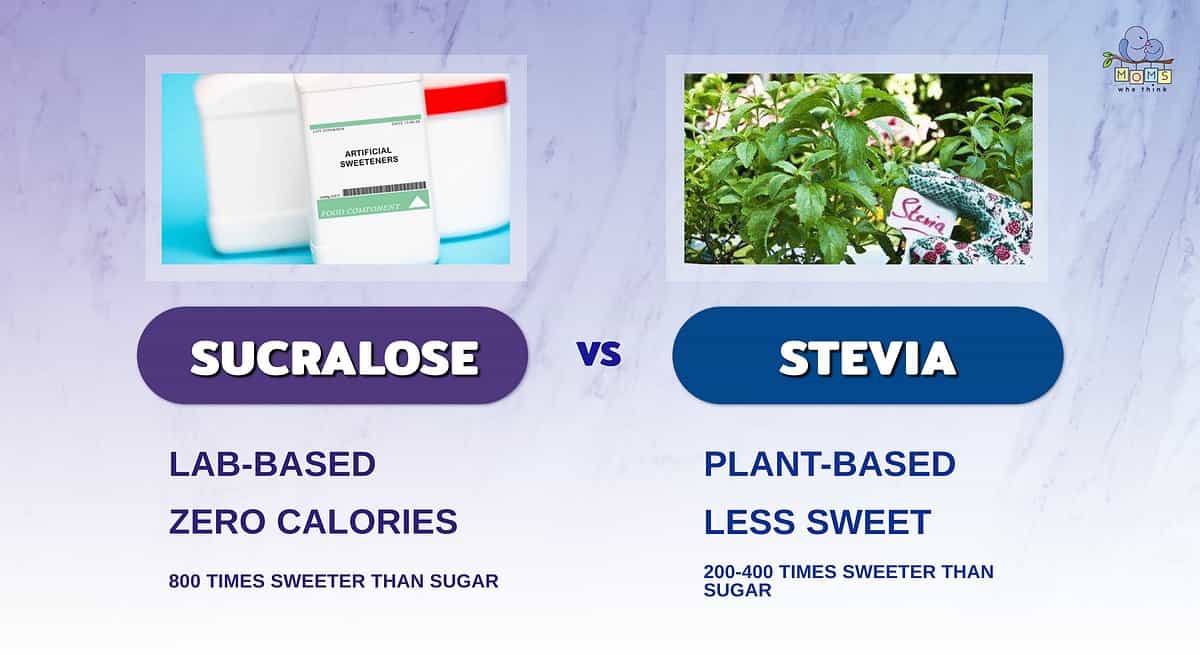
The image featured at the top of this post is ©Mirror-Images/Shutterstock.com.
- The must-have convenient reference guide for every home cook!
- Includes more than 8,000 substitutions for ingredients, cookware, and techniques.
- Save time and money on by avoiding trips to grab that "missing" ingredient you don't really need.
